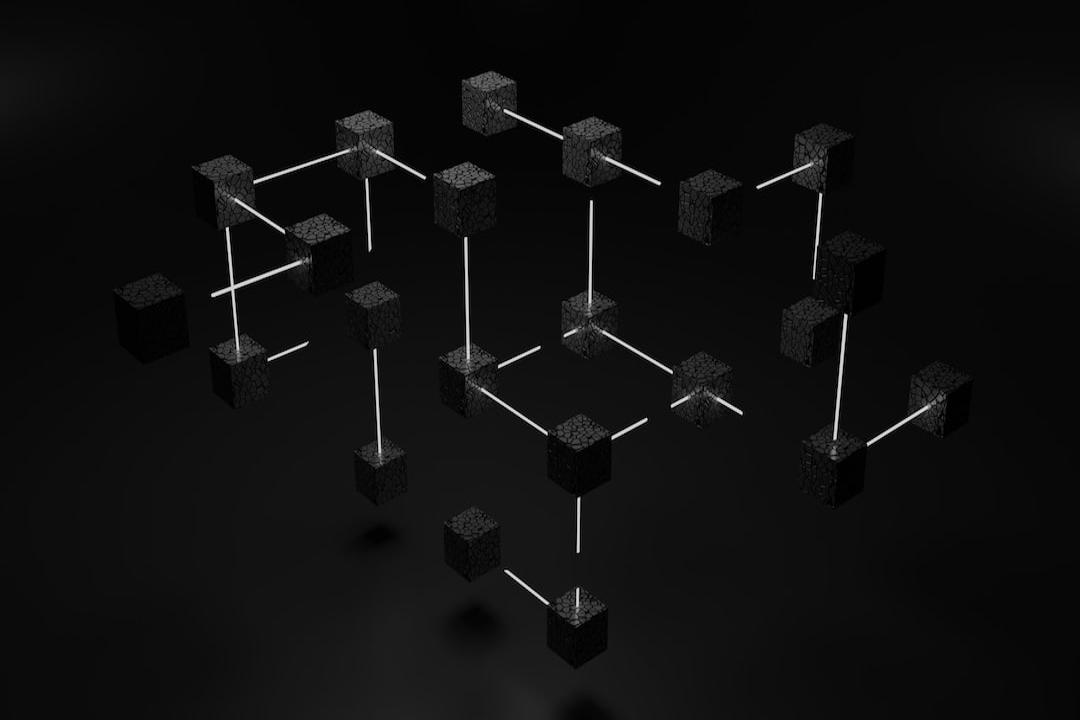The closing arguments for the lawsuit brought by the Crypto Open Patent Alliance (COPA) against Craig Wright, the self-proclaimed pseudonymous Bitcoin inventor Satoshi Nakamoto, commenced in London on March 12. COPA, as the claimant, is seeking injunctive relief to prevent Wright from making any further claims of being Nakamoto. The burden of proof lies with COPA to demonstrate that Wright is not Nakamoto, with Wright having maintained this claim since 2016.
Wright is facing accusations of extensive forgery of the documents he presented to support his assertion of being Nakamoto. COPA, in its closing submission, stated that it intends to refer the documents submitted by Wright in the case to the Director of Public Prosecutions for potential perjury charges.
The trial began on February 5, and despite Wright’s offer to settle the case out of court on January 24, COPA declined the offer.
COPA, established in 2020, aims to promote the adoption and advancement of cryptocurrency technologies while eliminating patents as an obstacle to growth and innovation. Its membership includes 33 industry leaders such as Coinbase, Block, Meta, MicroStrategy, Kraken, Paradigm, Uniswap, and Worldcoin. Wright holds numerous patents related to blockchain technology.
The issue of intellectual property rights looms over the trial. In 2023, the litigious Wright filed a lawsuit against 13 Bitcoin Core developers and a group of companies, including Blockstream, Coinbase, and Block, alleging copyright violations pertaining to the Bitcoin white paper, its file format, and database rights to the Bitcoin blockchain. The Bitcoin Legal Defense Fund commented that Wright had registered the copyright for the Bitcoin white paper and its code in the United States in 2019, and he currently has an ongoing legal battle over the rights to the white paper in the United Kingdom. The white paper is now subject to an MIT open-source license, permitting anyone to reuse and modify the code for any purpose. A court injunction would prevent Wright from making further copyright claims on it.
The potential impact of AI and blockchain technology on the courtroom is explored in the article “All rise for the robot judge: AI and blockchain could transform the courtroom.”

